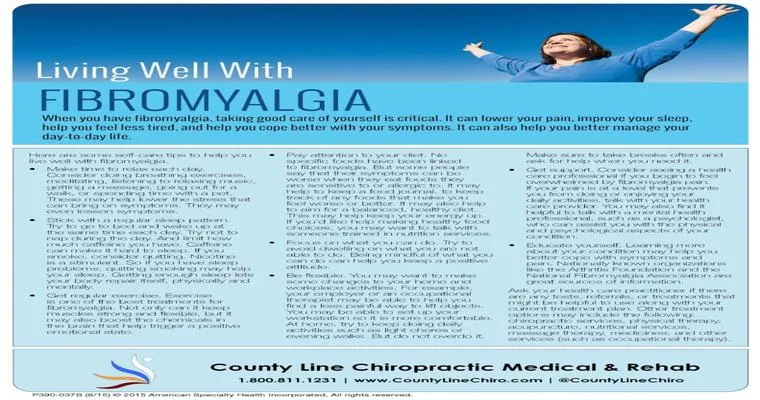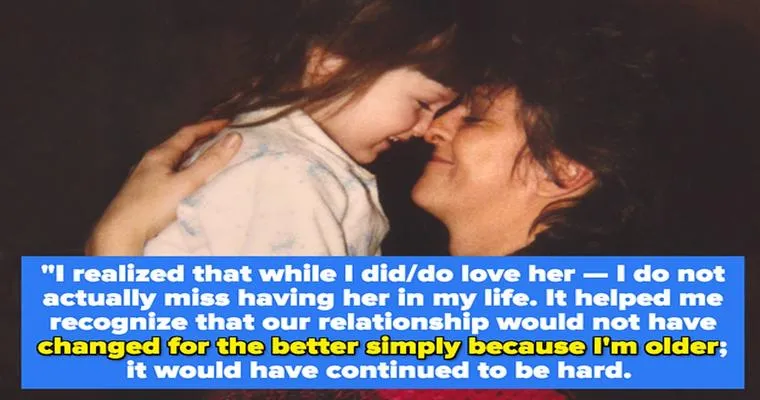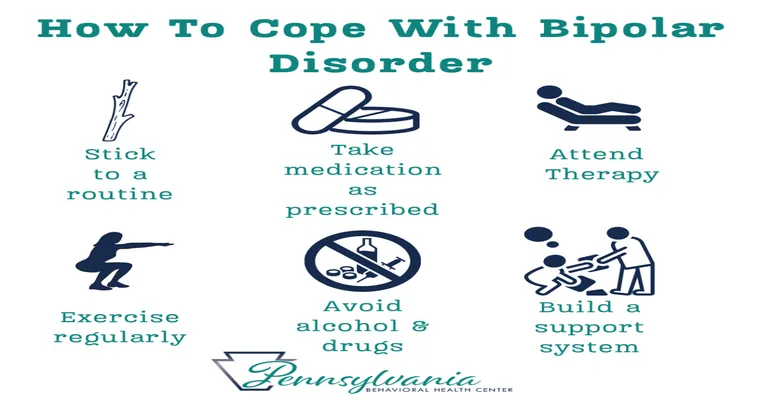Coping with a "broken hip" in your mother, your own "fibromyalgia", and caring for a "heart patient" father can be incredibly challenging. When multiple family members face significant health issues, it can lead to emotional and physical strain. However, finding effective coping strategies can help ease the burden. Here are some tips to navigate these tough times while ensuring everyone receives the care and support they need.
First, prioritize "communication" within your family. Openly discussing each person’s needs and feelings fosters understanding and can help alleviate some stress. Consider setting aside time each week for a family meeting where everyone can share updates about their health, discuss challenges, and brainstorm solutions together.
Next, look into "home health care services". Depending on the severity of your mom's injury and your dad's heart condition, hiring a professional caregiver can relieve some of the responsibilities from your shoulders. These professionals can assist with daily activities, medication management, and provide companionship, allowing you to focus on your health and recovery from fibromyalgia.
Self-care is another crucial aspect to consider. With your own fibromyalgia, it is essential to be mindful of your limits. Make sure to integrate "gentle exercise" into your routine, such as walking or stretching, which can help alleviate some symptoms of fibromyalgia. Additionally, prioritize rest and relaxation techniques like meditation or deep breathing exercises, which can help manage stress.
Diet can also play a significant role in managing health conditions. For your dad, a heart-healthy diet rich in fruits, vegetables, whole grains, and lean proteins can support his heart health. For yourself, consider an anti-inflammatory diet that may help reduce fibromyalgia symptoms. Meal planning together as a family can be a bonding activity and ensures everyone is eating nutritious meals.
In terms of emotional support, do not hesitate to seek help from "support groups". Many organizations offer resources for caregivers and individuals dealing with chronic illness. Engaging with others who understand your situation can provide comfort and practical advice.
Lastly, don’t forget to reach out to friends and extended family. Sometimes, a little help goes a long way. They may be willing to assist with errands, provide meals, or simply offer a listening ear. Remember, accepting help is a sign of strength, not weakness.
In summary, coping with a family health crisis requires a multifaceted approach that includes communication, self-care, professional support, healthy eating, and emotional connections. By taking these steps, you can create a supportive environment that addresses the needs of your mom, dad, and yourself, leading to a better quality of life for everyone involved.





